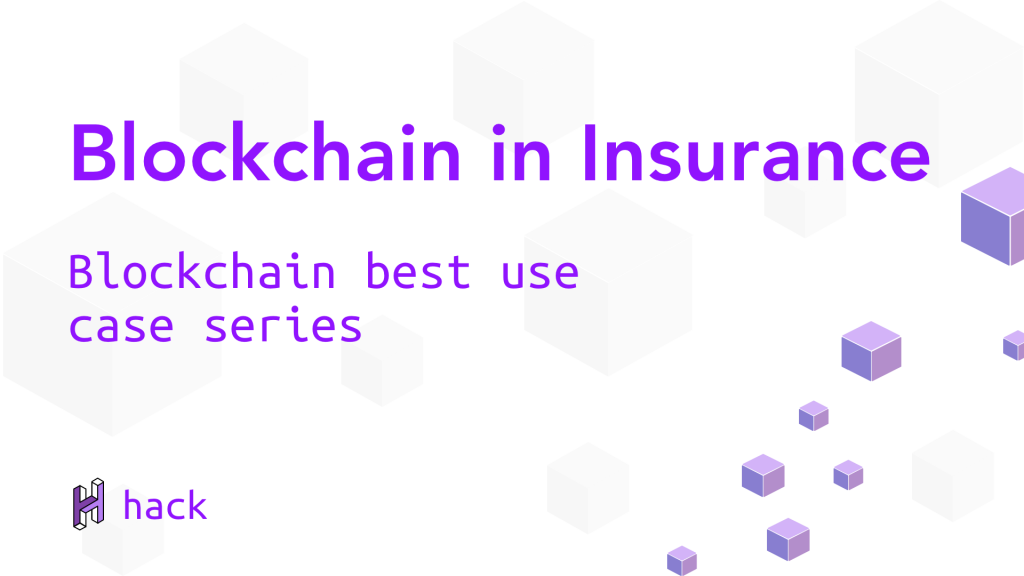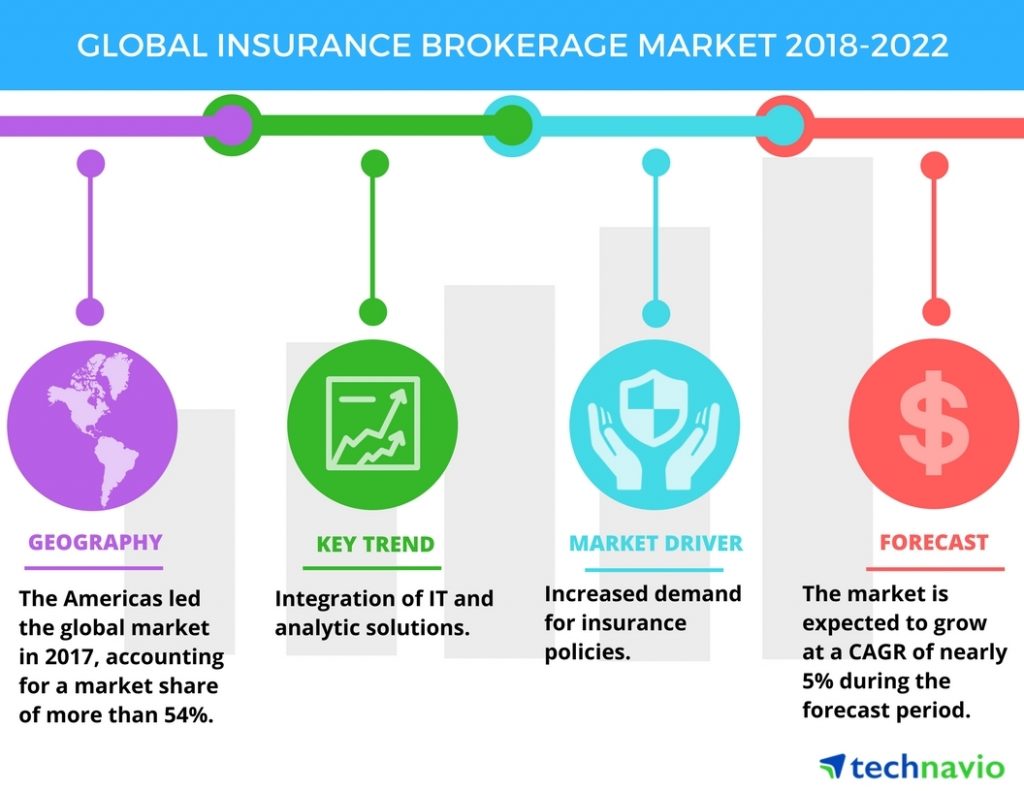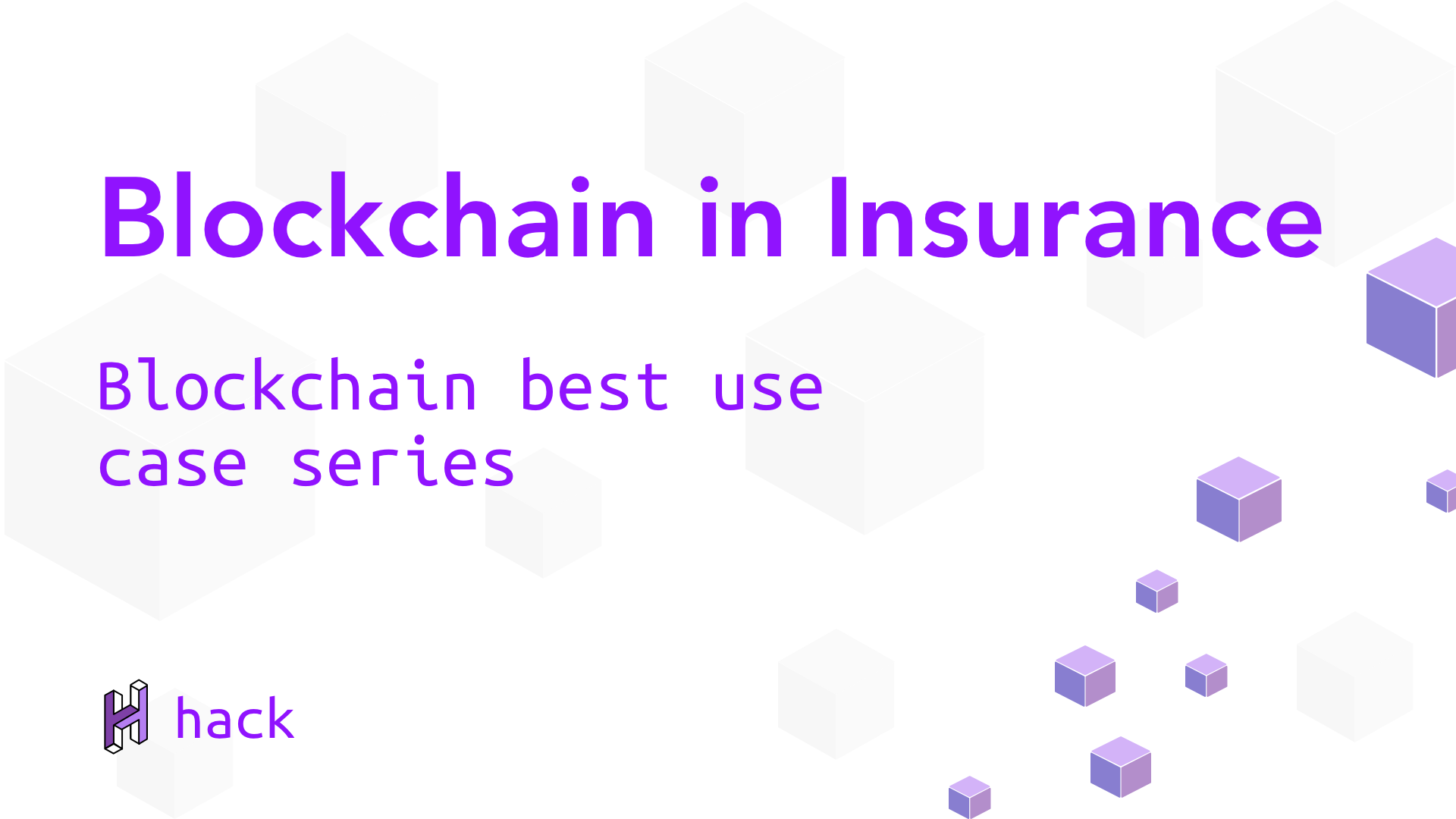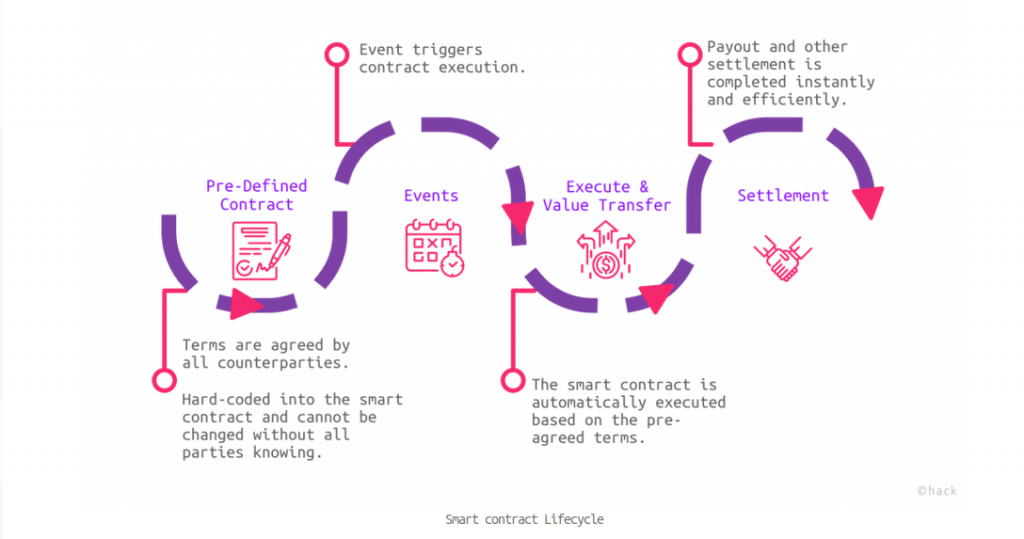
We have discussed widely in our previous articles the fundamentals of Blockchain. In short, blockchain can serve to build trust, improve transparency and traceability. We all know that those are essential parts of all business. But how exactly blockchain can help the Insurance industry, let’s find out!
Insurance Industry- key numbers and facts

The global insurance industry outlook is pretty positive, despite some major natural disasters that have impacted insurers profits.
In 2018, global insurance income (volume of gross premiums written by insurers) for property-casualty (p&c) and life (without health) reached EUR3655 billion or 5.4% of global output.
Sustained economic growth, rising interest rates, and higher investment income are among the positive factors that appear to be bolstering insurer results in 2018, setting the stage for enhanced top- and bottom-line growth in the year ahead.
Deloitte
Regardless of the positive results for 2018 and the positive expectation for 2019 many agree that insurers have to find ways to optimize and boost their profits in regard to a potential 2020 economic slowdown or another major economic crisis.
What could be done?

Keeping in mind the key trends, when we speak of mass-scale solutions, we should think of technological solutions that are allowing businesses to scale, to cut expenditures and thus allowing them to grow their profits.
While generational change is still buffeting the insurance industry, many insurers are becoming more comfortable with new technologies and changing from product-focused to customer-centric organizations. They are increasingly open to forming partnerships with InsurTechs and using technology.
PwC
The most promising solutions that have been explored to make the insurance companies more cost-effective, thus more profitable, are Cloud computing and Blockchain.
While cloud computing has started to affirm its importance in the space, we are yet to witness how blockchain is going to transform the insurance industry. One thing that we can notice is the exploration of how companies can collaborate with competitors. This results in the creation of consortiums expected to launch blockchain initiatives that are going to impact the space in the near future.
What are the current problems?
Intermediaries
The insurance industry is built around intermediaries (agents and brokers) and companies are heavily relying on their performance to satisfy customer’s growing expectations.
When customers interact with an insurer, their benchmark isn’t one carrier versus another, it’s their experience with online retailers and service providers (e.g., video streaming). This has resulted in customers expecting a much faster, transparent, and more intuitive experience than they’ve ever had before.
PwC
Paperwork
Another noticeable problem is that there’s still too much manual work, inefficiencies in distribution, and inconsistent levels of customer service that are punishing both customers and companies. Customers are suffering because of the quality of the service that they get and the companies because of the missed opportunities and profits.
Data quality
Insurance companies are relying heavily on data. Third-party data is often inaccurate and expensive. Companies are spending time to analyze it and integrate it into their business.
Digitizing the business will allow companies to generate their own data, thus know and serve their customers better. In this regard, with future development of blockchain and when people start having digital identities, it will be easier to identify a user’s profile (understand his needs), without revealing his identity to the provider.
What are the solutions?
Blockchain can cut the intermediaries
Blockchain digital nature is allowing insurance companies to create digital products, that the users can subscribe to online, without a need of an intermediary. The current heavy re-alliance on intermediaries does not only increase the cost of operation but can also lead to poor customer experience, witch than can affect the brand and hurt the revenues.
The second-generation blockchain networks allowing us to create smart contracts are the perfect fit for organizations willing to create transparent and automated solutions to serve the needs of their online customers.
Reduce the paperwork
Another benefit of using digital products is the reduced amount of needed paperwork. Everything in a blockchain is handled electronically and in near real-time, so time spent on paperwork is decreased, thus saving man-hours to handle the manual paperwork processes.
Improve the quality of the data
Data is the new gold. Companies are trying to understand more about their customer’s behaviour and need to be able to propose tailor-made solutions but also to analyse and comprehend the industry’s trends and competitor’s market presence. Blockchain’s transparency and immutable nature are perfect features enabling insurance companies to record, store and analyse the data, that is coming from the interaction of the customers with their products. One can also trust this data because we know that it is real, not manipulated data. This, in turn, can help companies make better predictions and design better risk models, allowing them to minimize risk and maximize their profits.
Reduce Transactions time and cost
Besides the above-mentioned solutions that can help insurance companies improve their profits and processes, companies can use blockchain to pay customer claims. The process can be near-instant, with a heavy reduction of cost per transaction. This will not only help cut transaction fees but also will improve the company relationship with its customers. Speeding up the repayment process can lead to increased trust and customer satisfaction.
Conclusion
Unlike the financial sector, the general view in the industry towards the adoption of blockchain technology is “wait and see”. The reason could be that companies are feeling satisfied with the recent years achievements as their market and profits grew in size. However, it is worth mentioning that, blockchain early adoption can lead companies to a competitive advantage over their competitors allowing them to stay in the front-line of the industry.
While not being a panacea, we believe that blockchain technology can offer a significant improvement on processes like transaction handling, improvement of data quality, paperwork reduction and reduction of intermediaries giving early adopters clear advantage over their competitors.
If you need more information, get in touch with us at hello@hack.bg
Our team is here to help you from architecture design to a perfectly working solution.
Take a look at the full list of our services on our website.
We bring ideas to life.




